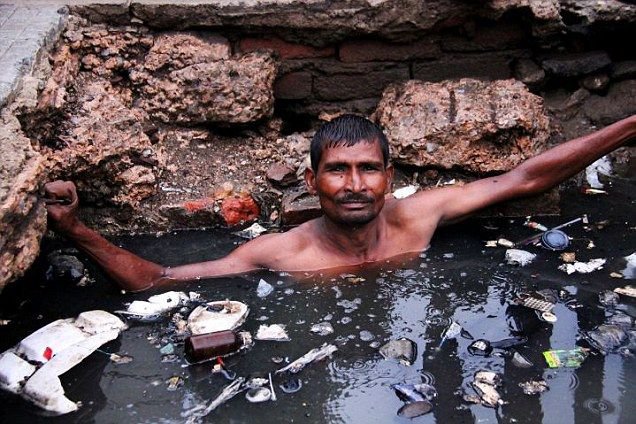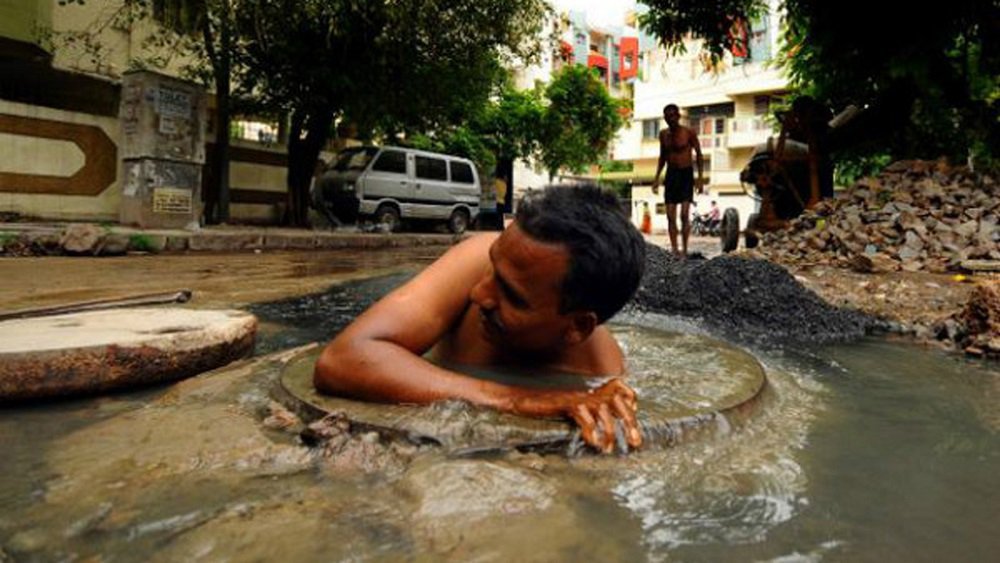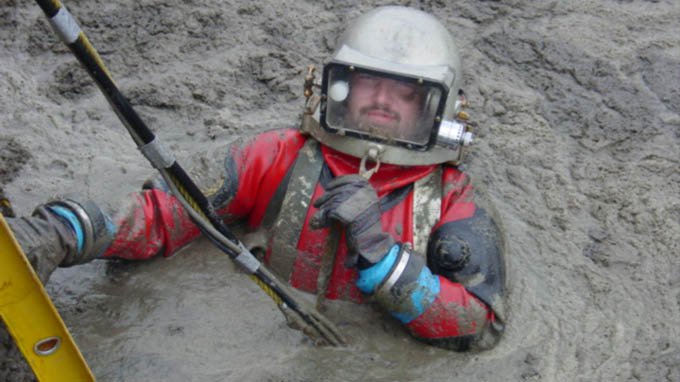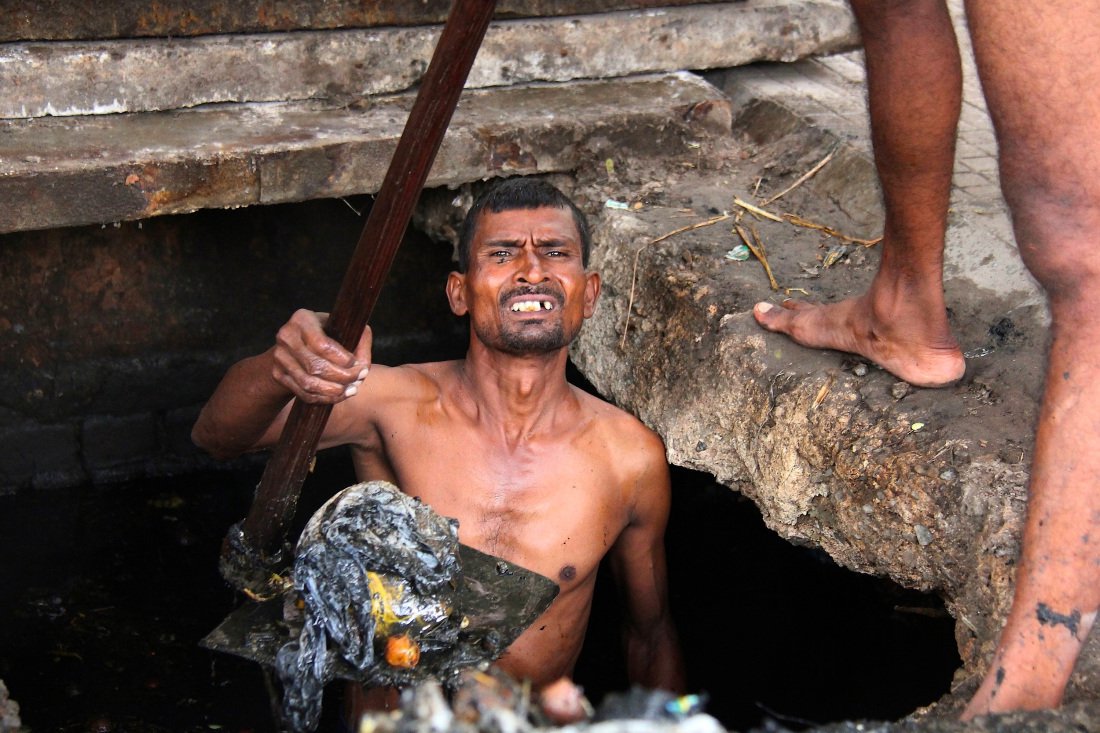We take a dump in our Harpic-clean ceramic toilets and flush it all away, not a care in the world. Never do we pause to wonder where the shit goes, do we? And why should we? After all, there are far more important issues that need our attention, right?
But do you know that there exists a section of society whose entire life revolves around cleaning other people’s poop and ferrying it to the dumping grounds?
These are the manual scavengers of India. Ostracized by society and ignored by the government. We are the ones responsible for making our shit their business.

Poop, latrine, sewage etc. are definitely not our favourite topics of discussion. There are many who cringe at the very mention of these words. But imagine, everyday, thousands of manual scavengers roll their pants and enter the foul-smelling manholes, septic tanks, and drains to clean the city’s underbelly, wearing little or no protection at all. For hours, they stay in that pool of human excreta and urine, taking out dirt with their bare hands, without any protection against the diseases they may contract.
And this work is restricted only to the Dalits and marginalised sections of our society. Why? Because our age-old Indian caste system deems that they were born to clean other people’s shit.

But it’s not the same everywhere else in the world. There are many western countries where sewer workers are provided with adequate training and equipment. Sewer workers in Hong Kong undergo a 2-year training for this line of work and are given a waterproof full body suit attached with oxygen cylinders.
The United Kingdom, meanwhile, has a full-fledged set of rules mandatory to be followed by the people employing sewer workers, such as:
- Ensure that employees and line management understand the risks through proper instruction, training and supervision.
- Provide suitable personal protective equipment, that may include waterproof/abrasion-resistant gloves, footwear, eye and respiratory protection. Face visors are particularly effective against splashes.
- Equipment selection and a proper system for inspection and maintenance are important.
- Provide adequate welfare facilities, including clean water, soap, nailbrushes, disposable paper towels, and where heavy contamination is foreseeable, showers. For remote locations, portable welfare facilities should be provided.

Whereas in India, we have people as young as 18-year-olds working as manual scavengers. Forget training, they take a dive into the filth without even covering their faces.
And it’s not like our government is unaware about their plight. When it comes to passing laws, our country is right up there. Our parliament outlawed manual scavenging way back in 1993. But no substantial effort has been made yet to mechanize the process. We’ve even managed to reach Mars but manual scavengers only have one flimsy metal-scrapper to remove the dirt.
Name any pressing issue and we have a government scheme for it in our country. For the welfare of manual scavengers too, a Self-Employment Scheme for Rehabilitation of Manual Scavengers (SRMS) was started in 2015-16 with a fund allocation of ₹470.19 crore, as reported by The Hindu. But it turned out to be nothing more than hogwash because not a single penny seems to have been spent towards the program.

Because manual scavenging is illegal, it’s difficult to estimate the exact number of people employed in it, but the data states that over 2.5 lakh people work as manual scavengers in India. Ironically, Indian Railways is their largest employer!
And aside from pointing at the government failure, manual scavenging is also a homewrecker.
Coming back home after spending a day surrounded by swarms of insects and cockroaches, manual scavengers take to drinking and drugs. The perpetual smell of sewage on their hands takes a toll on their psyche and they take it all out on their kids and wives. Needless to say, in an existence already wasted by the line of work they’re forced to pursue, whatever semblance of a life they have is also destroyed.
This hard-hitting short film about manual scavengers shows the ugly face of our society that we all have conveniently turned a blind eye to:
When we are moving towards a mechanized society in every other aspect, why aren’t we employing machines to clean our mess? When will manual scavenging become a thing of the past?

















